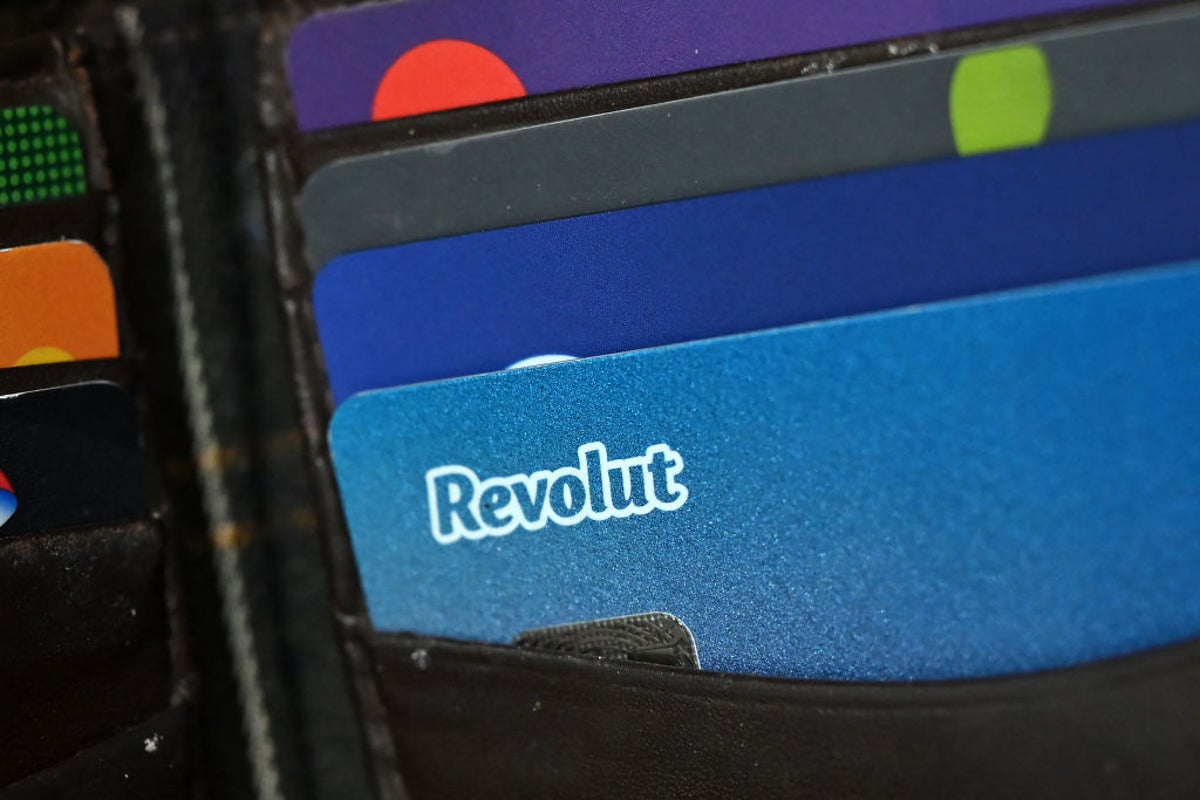
Fintech firm Revolut is tracking the response behaviour of its employees using a points system which helps to determine staff bonuses.
The system – known as Karma – allows employees to gain and lose points for work related to risk and compliance through a variety of actions which are monitored and tallied
Rather than focusing on individual employees, Karma operates at a department level to ensure a collective responsibility towards managing risk.
While bonuses are calculated individually, the Karma multiplier is applied after individual performances, dependent on their department’s points – rather than Karma points themselves forming any part of the bonus calculations. The full amount of bonuses paid out was not revealed.
A spokesperson from Revolut said: “Our proprietary Karma system is focused on driving positive risk and compliance actions at Revolut. This industry-leading scheme, started in 2020, effectively measures and incentivises good risk practice.
“We have seen company-wide Karma performance related to key risk and compliance processes increase by 25 per cent since its inception, showing the success of linking these actions to remuneration, ultimately building a strong culture of risk management and compliance across the business.”
The practice was detailed in Revolut’s annual report, which showed a huge leap in profits to £1.1bn for 2024, a rise of 148 per cent attributed to increased subscriptions and improved revenues from wealth and cryptocurrency trading divisions.
Previously the company has faced struggles with these areas, being named last year in more fraud complaints than any other UK competitor, according to Action Fraud. Earlier this year the fintech company was fined €3.5m (£2.9m) for failures in money-laundering prevention by Lithuania’s central bank. In response, Revolut said the investigation had not identified any confirmed occasions when laundering took place, rather that it was related to control mechanisms.
Revolut was valued at $45bn last year (£33.8bn) and is expected to pursue a public listing in due course after securing a full UK banking licence from regulators, which is intended to arrive later in 2025.
Revolut gained a licence with restrictions in mid-2024, allowing it to improve IT systems and secure investments while also limiting the total deposits it was able to accept. Previously it operated holding a Lithuanian banking licence.
Founder Nik Storonsky owns more than 25 per cent of the company, filings show, which has expanded from a payment card to offering trading and investments, international payments and other financial services.
#Revolut #reveals #internal #points #system #determine #staff #bonuses










